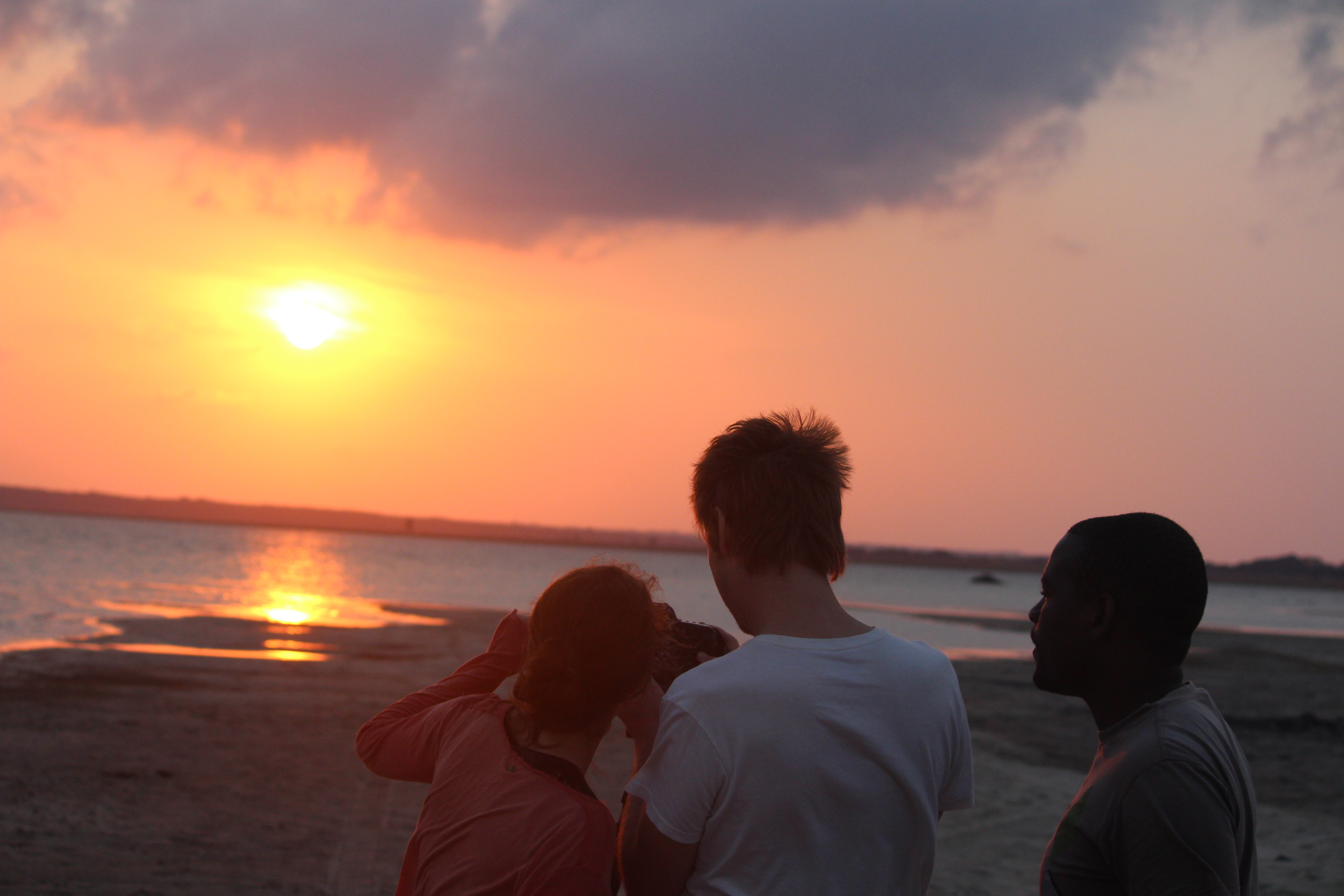Our PhD student Laura won the prestigious National Geographic Early Career Grant to support her research on road impacts on amphibians and mammals in rainforests. Congratulations!
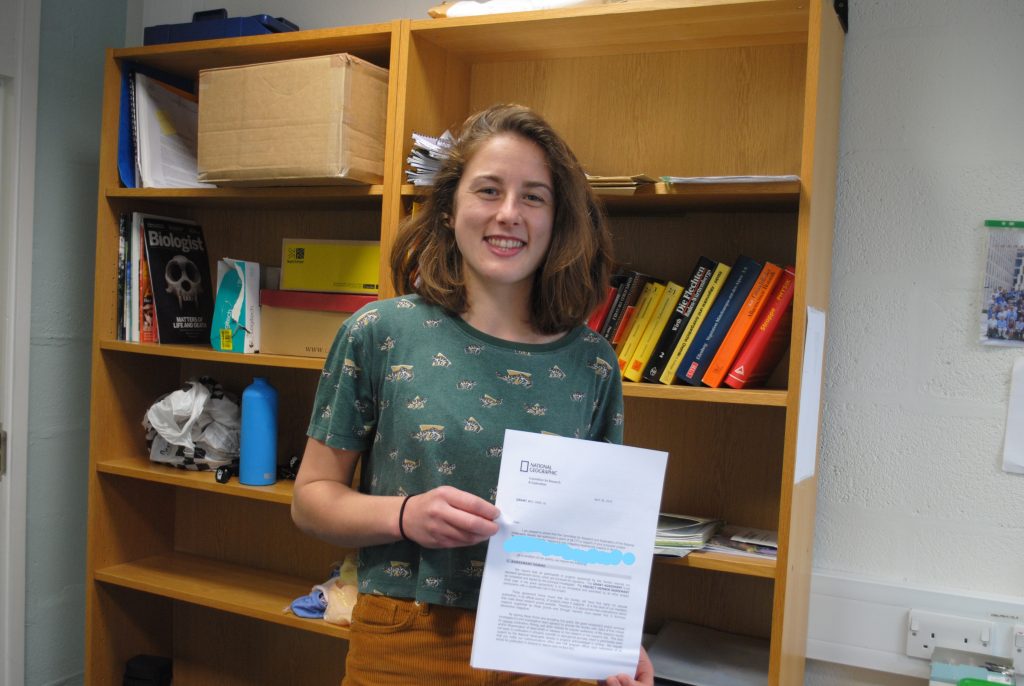
Our PhD student Laura won the prestigious National Geographic Early Career Grant to support her research on road impacts on amphibians and mammals in rainforests. Congratulations!

Funded by the Royal Society, I was travelling to Southern Africa to do measure & map quality of crop and non-crop habitats. Yes, that’s right. I have started to venture beyond the forest/woodland/shrub/savannah edge and into that thing called matrix to try and figure out how the distribution of natural habitats (let’s call it wilderness) AND its quality variation within the landscape builds meaningful (translate to ‘ecosystem service’) relationships with cropland productivity (translate to yield and crop health).

This is a pilot study. And the aim is not to prove these relationships. We know they exist. What we don’t know is how exactly quality of natural habitats co-varies with quality of crop habitats and to what extent this co-variation is driven by natural pest control and pollination links or microclimate.
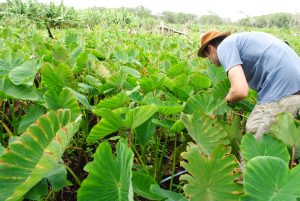
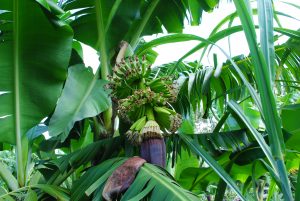
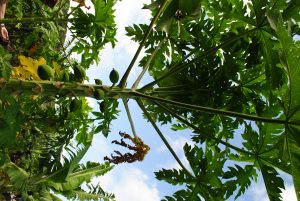
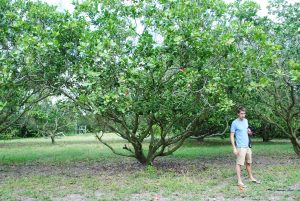
With support from local collaborator Dr Pieter Olivier (see pictures above), formerly postdoc of the University the Pretoria and now co-director of environmental consultancy M.A.P Scientific Services (https://www.mapss.co.za/), I tested some new sensors (NDVI, thermal) beside taking some old sensors (hemis). The primary idea of this pilot was to develop sampling protocols and ‘automatize’ fieldwork and processing steps for follow-up large scale research projects. But I also tried to identify key patterns and metrics I want to use to characterise co-dependencies between forest and crop ‘health’.
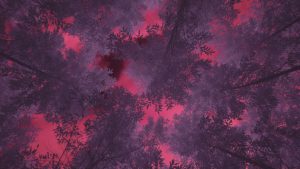
EXIF_HDL_ID_1
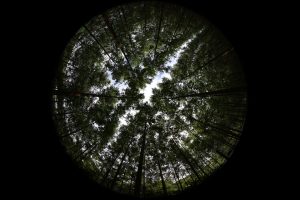
What are the next steps: (1) Process and analyse the data. There are lots of them and the thermal data in particular need some more attention than the others. (2) Generate sampling sheets and protocols and design / adapt sensors used to make them more efficient to use in the field. (3) Upload report and key findings to our websites. (4) Wait for the big grant allowing us to test our big ideas to come through. 🙂
PS: We did see some cool wildlife, too. And some deforestation involving swamp forests presumably for growing crops on the rich black soil underneath. I also now feature a brand new exciting scar,unfortunately not because of wild animals but because of a very silly approach to handling a drone 🙂
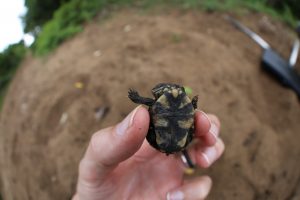

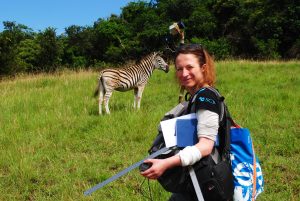
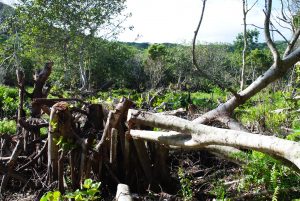
Alexander’s work on fungal infection prevalence among amphibians and how it varies (or not) with habitat type and condition is well under way. He has been tracking through remote forests and wetlands in Costa Rica taking skin swabs from tiny and not so tiny frogs.
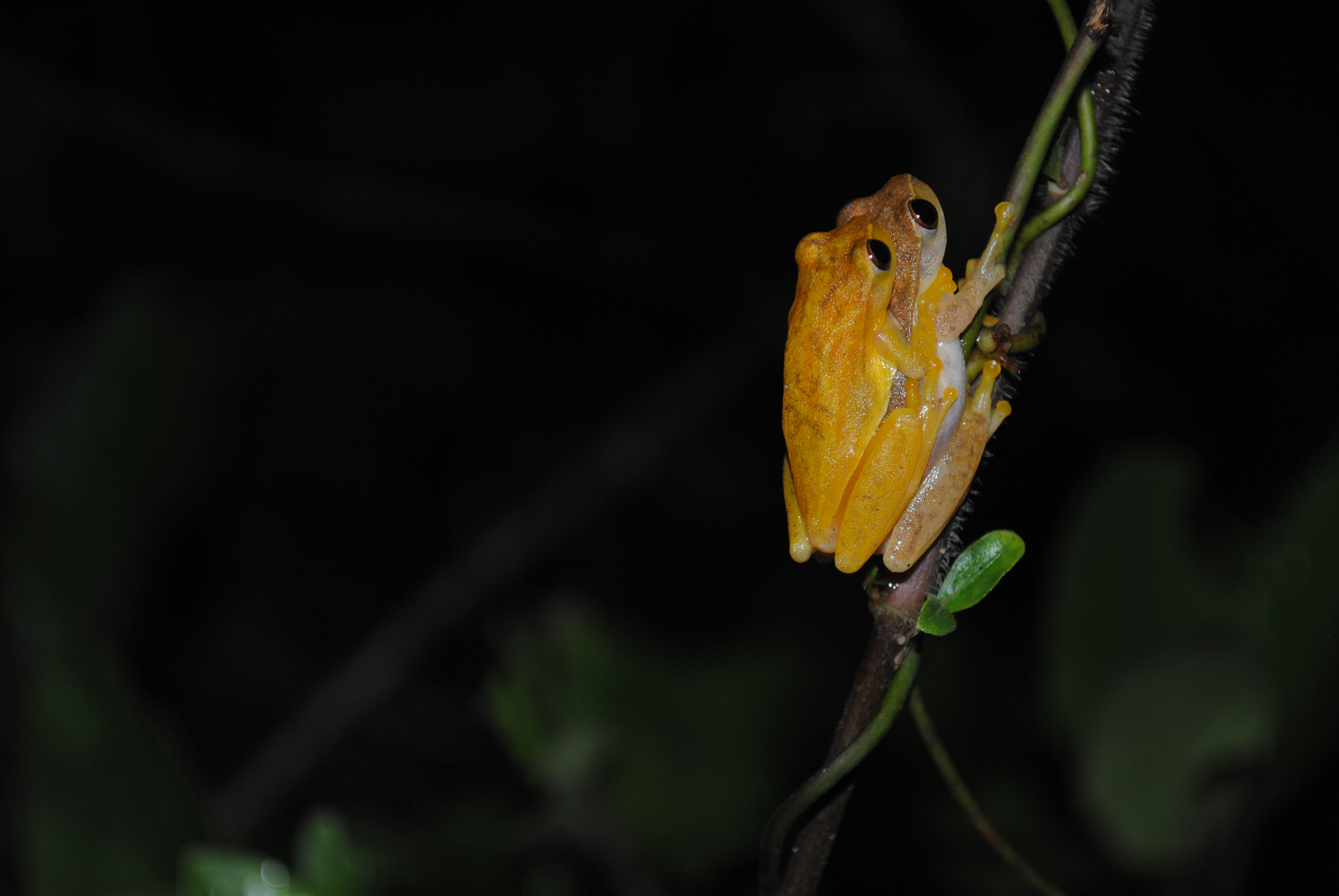
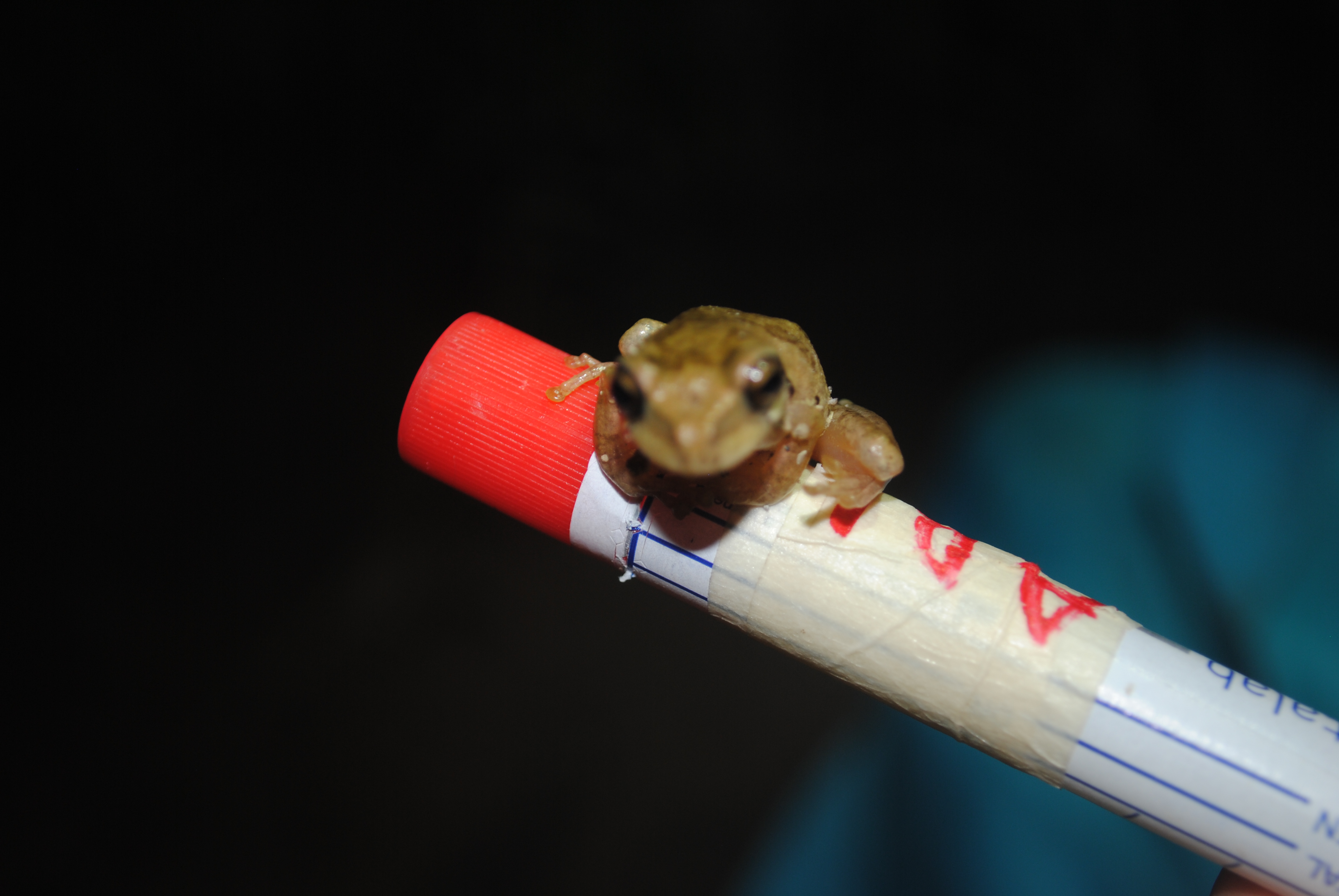
All it will take now is for him to take the samples back to Newcastle (pending research permits) and analyse them. This will provide him with essential data enabling him to better understand why and where amphibians get infected by Batrachochytrium dendrobatidis. In the end, we can only manage for this disease, which is believed to contribute to large-scale amphibian decline worldwide, if we understand it.
We have received brilliant news. The Royal Society awarded us a grant of 11,805 GBP, which allowed us to buy essential equipment (including a thermal imaging camera, a full-frame digital camera with fish-eye lens and a NDVI camera) and to run a short-term pilot field study in the coastal lowlands of Mozambique measuring and mapping variation of crop and forest quality along climate and disturbance gradients. For updates on this project, which will run until March 2018, check our website for new posts and the project webpage for outputs.
This work will provide us with the chance to develop baseline maps and test some methodological approaches for subsequent larger-scale studies (proposal currently in review with the Leverthulme Trust) involving biodiversity components (i.e. trophic network modelling) and hydrology components (i.e. SWAT modelling).
Research group currently being established by Dr Marion Pfeifer, lecturer at Newcastle University since 01/01/2016. We are part of the the Ecology and Conservation Group at the School of Natural and Environmental Sciences, Newcastle University.
